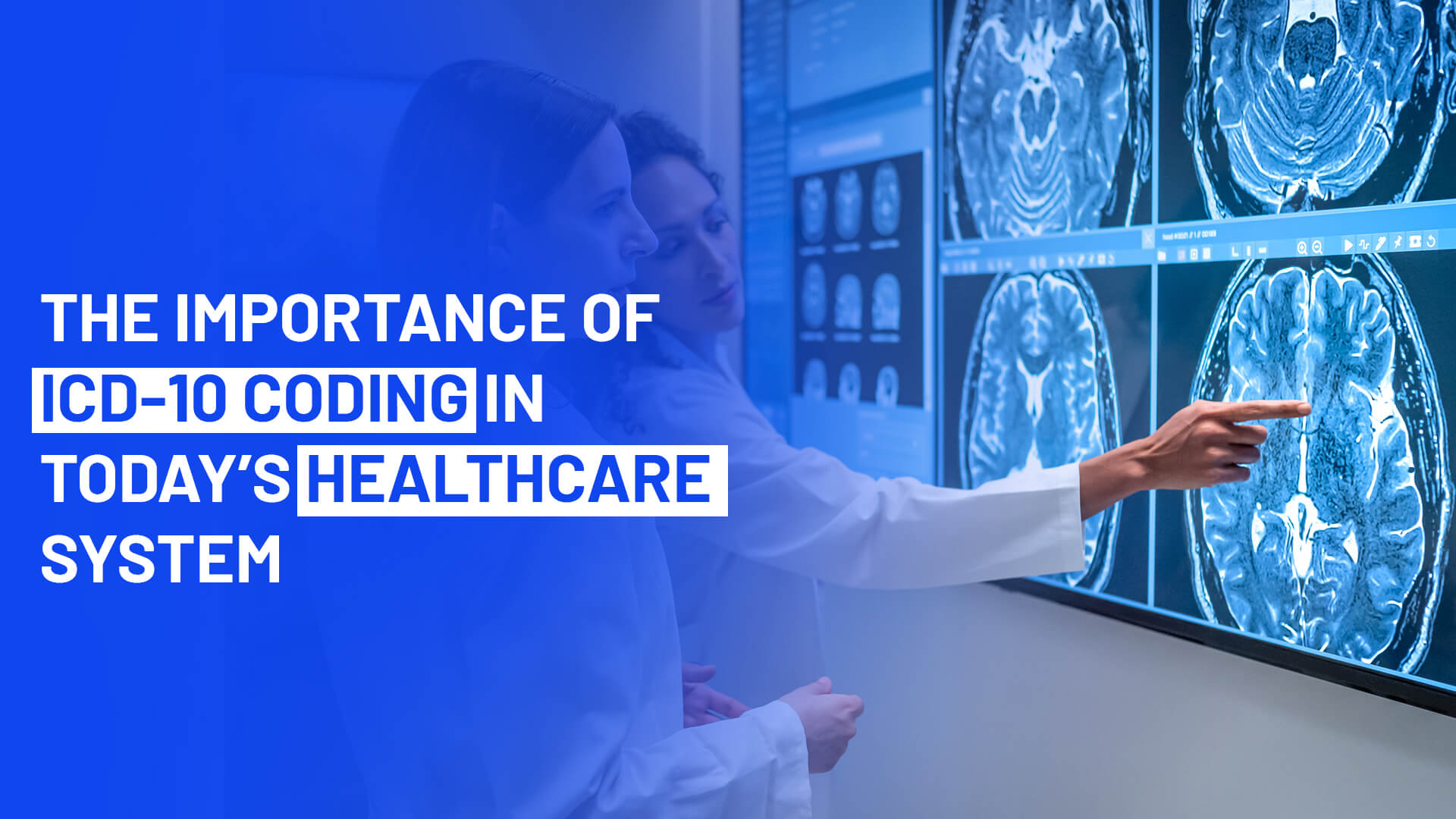In today’s fast-paced healthcare environment, accurate medical documentation is more important than ever. At the heart of this process lies ICD-10 coding—a universal system that transforms complex medical diagnoses and procedures into standardized codes. Far from being just a billing tool, ICD-10 plays a critical role in patient care, research, compliance, and the overall efficiency of healthcare organizations.
What is ICD-10?
ICD-10 stands for the International Classification of Diseases, Tenth Revision. Developed by the World Health Organization (WHO), it provides a global standard for reporting diseases, health conditions, and procedures. While ICD-10 has been in use internationally since the 1990s, many countries, including the United States, have continuously updated it to meet evolving healthcare needs.
Why ICD-10 Matters in Healthcare Today
1. Improved Accuracy in Diagnosis and Treatment
ICD-10 codes are more detailed compared to the older ICD-9 system. With thousands of codes covering specific conditions, physicians and coders can capture precise information about a patient’s diagnosis. This accuracy helps clinicians design better treatment plans and track health outcomes.
2. Efficient Insurance and Reimbursement Processes
Medical billing and insurance claims rely heavily on ICD-10 coding. Correct coding ensures that providers get reimbursed quickly and fairly, while minimizing claim denials. For healthcare organizations, this directly impacts revenue cycle management (RCM).
3. Better Data for Research and Public Health
ICD-10 codes are vital for healthcare research and epidemiology. They allow researchers to study disease patterns, track outbreaks, and identify public health risks. For example, during the COVID-19 pandemic, specific ICD-10 codes helped health authorities monitor infection rates and manage resources effectively.
4. Regulatory Compliance and Legal Protection
Healthcare organizations must comply with strict regulations like HIPAA and CMS guidelines. Accurate ICD-10 coding reduces the risk of audits, penalties, and compliance issues. It also ensures transparency, which is critical in protecting both patients and providers.
5. Supports Transition to ICD-11
With ICD-11 already adopted by several countries, ICD-10 remains the foundation for current coding practices. Professionals trained in ICD-10 will have a smoother transition to ICD-11, making them future-ready.
Career Opportunities in ICD-10 Coding
The demand for skilled ICD-10 coders continues to rise. Hospitals, insurance companies, clinical research organizations, and healthcare IT firms are actively hiring certified coders. For those pursuing medical coding training, mastering ICD-10 opens doors to rewarding careers in healthcare administration, compliance, and clinical data management.
Final Thoughts
ICD-10 coding is more than a technical requirement—it is the backbone of modern healthcare. From improving patient outcomes to supporting global health research, ICD-10 ensures that medical information is clear, consistent, and actionable.
As the healthcare industry grows professionals trained in ICD-10 coding will continue to play a pivotal role. For students and professionals aiming to build a strong career in medical coding, investing in ICD-10 training today means securing success tomorrow.

